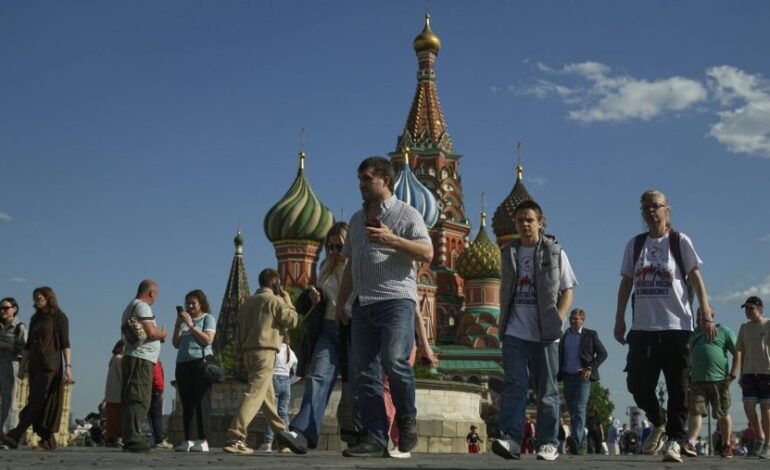Kremlin Aims to Combat ‘Russophobia’ with Global Campaign

The Kremlin has launched a campaign to redefine perceptions of Russia and combat what it describes as “Russophobia.” This initiative seeks to categorize negative sentiments toward Russia as an irrational ideology that requires a united global response. The timing of this push corresponds with heightened scrutiny of Russia’s actions on the international stage.
In recent months, concerns regarding Russia have intensified, particularly in light of its military activities and geopolitical maneuvers. Moscow argues that the term “Russophobia” is being weaponized against it, distorting the basis of legitimate criticism into a broader ideological attack. The Kremlin’s narrative aims to shift the focus from its actions to the perceived biases against the nation.
Framing the Narrative
The Kremlin’s position has gained traction in various political discussions, with officials emphasizing the need for dialogue rather than division. Russian Foreign Minister Sergei Lavrov articulated this stance, stating that the world should recognize the dangers of fostering a climate of animosity towards Russia. He called for nations to resist what he termed “anti-Russian hysteria” and engage in constructive conversations.
Officials in Moscow assert that this framing is essential for fostering international stability. They argue that portraying Russia solely through a lens of suspicion undermines diplomatic efforts and escalates tensions. The Kremlin has encouraged its allies to support this message, emphasizing a collective responsibility to counter what it sees as unjustified hostility.
While the Kremlin’s narrative seeks to diminish the impact of Russophobia, critics argue that it overlooks legitimate concerns regarding human rights and military aggression. Observers note that as Russia faces increasing isolation, the government may resort to this strategy to galvanize support domestically and internationally.
International Reactions and Implications
Responses to the Kremlin’s campaign have varied significantly across the globe. Some nations express skepticism, maintaining that Russia’s actions warrant scrutiny. For instance, countries in Eastern Europe have been particularly vocal, citing historical grievances and ongoing security concerns as justification for their stance.
Conversely, a few nations have voiced support for Russia, aligning with its call for a more nuanced understanding of its geopolitical context. This divide illustrates the complexities of international relations, where perceptions of threat and security often clash.
As the Kremlin continues to promote this narrative, it seeks to reshape the discourse surrounding Russia’s role on the world stage. The success of this campaign will largely depend on its ability to persuade both domestic audiences and foreign powers to reconsider their views on Russia.
In the coming months, the effectiveness of this initiative will be tested as international discussions unfold. The Kremlin’s attempt to frame Russophobia as a collective ideological challenge highlights the intricate interplay between national image and global politics. Whether this campaign will resonate with the international community remains uncertain, but it signals a strategic pivot in how Russia seeks to engage with the world.






